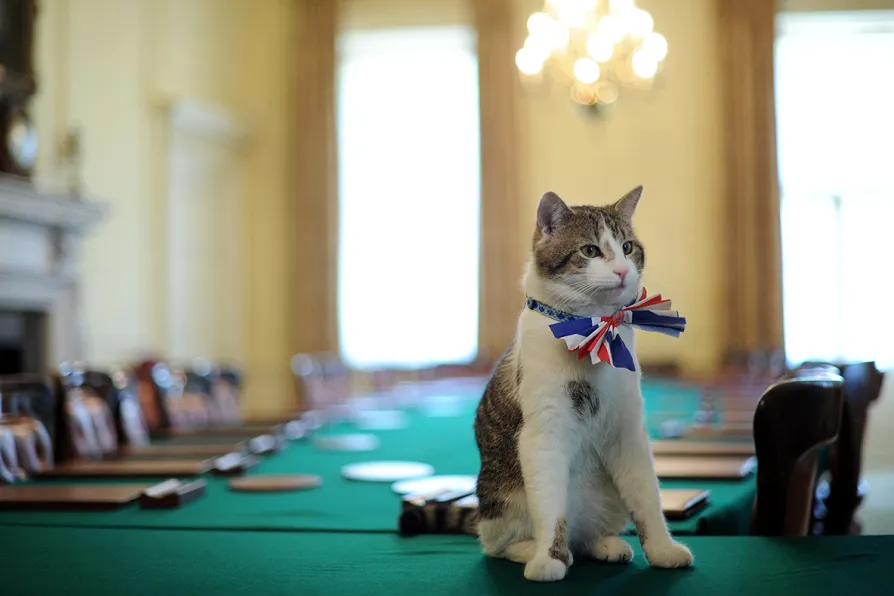As tens of thousands return to the streets for the first national Palestine march of 2026, this movement refuses to be sidelined or silenced, says PETER LEARY

 Larry the Downing Street cat wears a union jack tie, but he probably did not choose it himsel
Larry the Downing Street cat wears a union jack tie, but he probably did not choose it himsel
THE union flag has long been a symbol of the British empire, imperialism and so on.
However it has been mostly, at least in official terms, a ceremonial one — raised or lowered as Britain claimed or exited territory around the world, saluted on formal occasions, often royal ones.
In the last 50 years the flag has been used by fascists and the far right.

Millions of ordinary English people of all backgrounds consider the cross their own — abandoning it, and its left-wing history that includes the peasants’ revolt, concedes vital ground to the right, argues SIMON BRIGNELL

The government cracking down on something it can’t comprehend and doesn’t want to engage with is a repeating pattern of history, says KEITH FLETT

This year’s Bristol Radical History Festival focused on the persistent threats of racism, xenophobia and, of course, our radical collective resistance to it across Ireland and Britain, reports LYNNE WALSH











